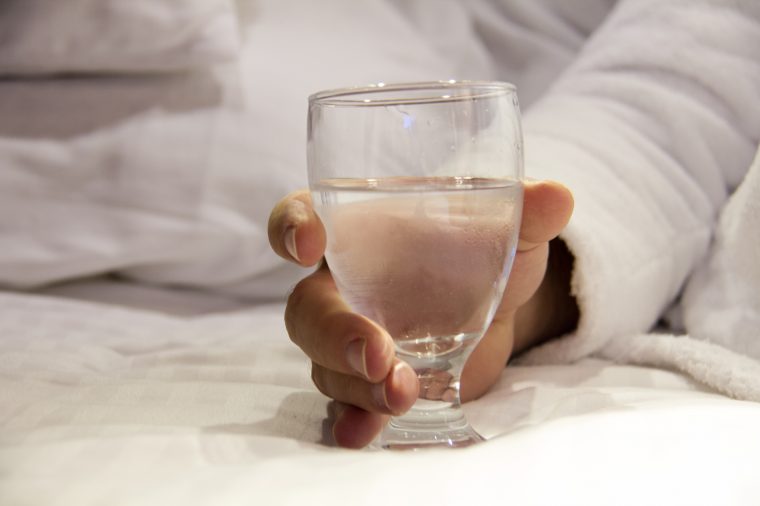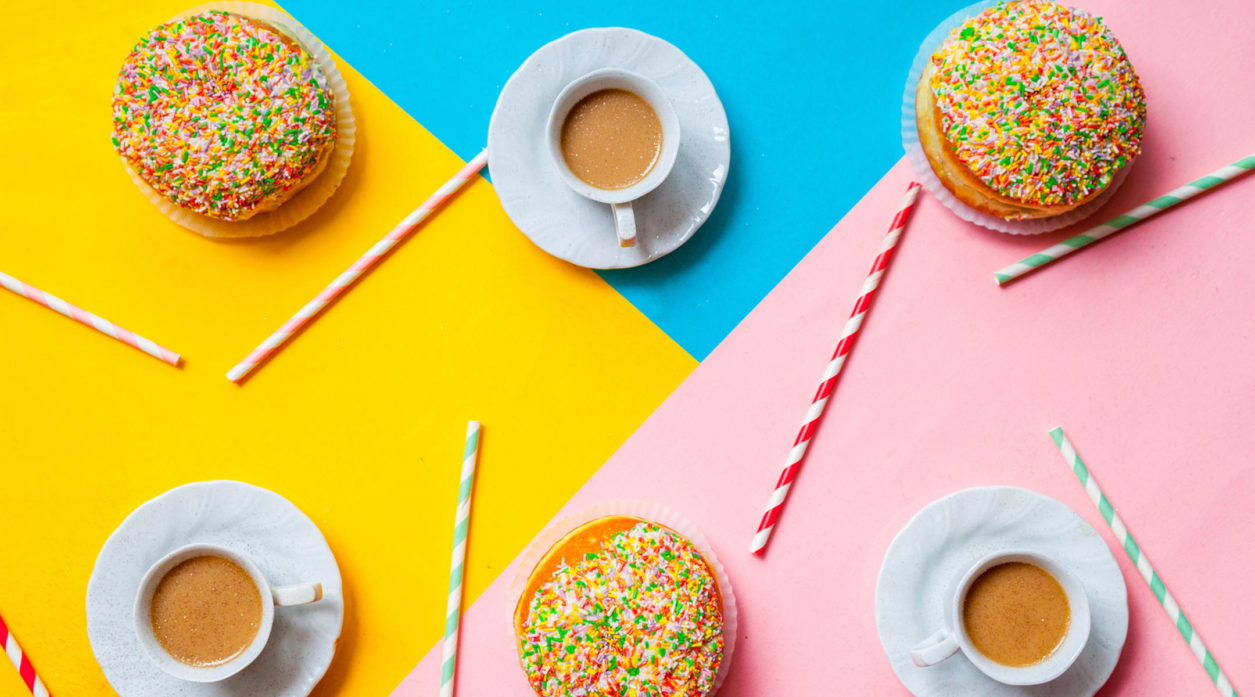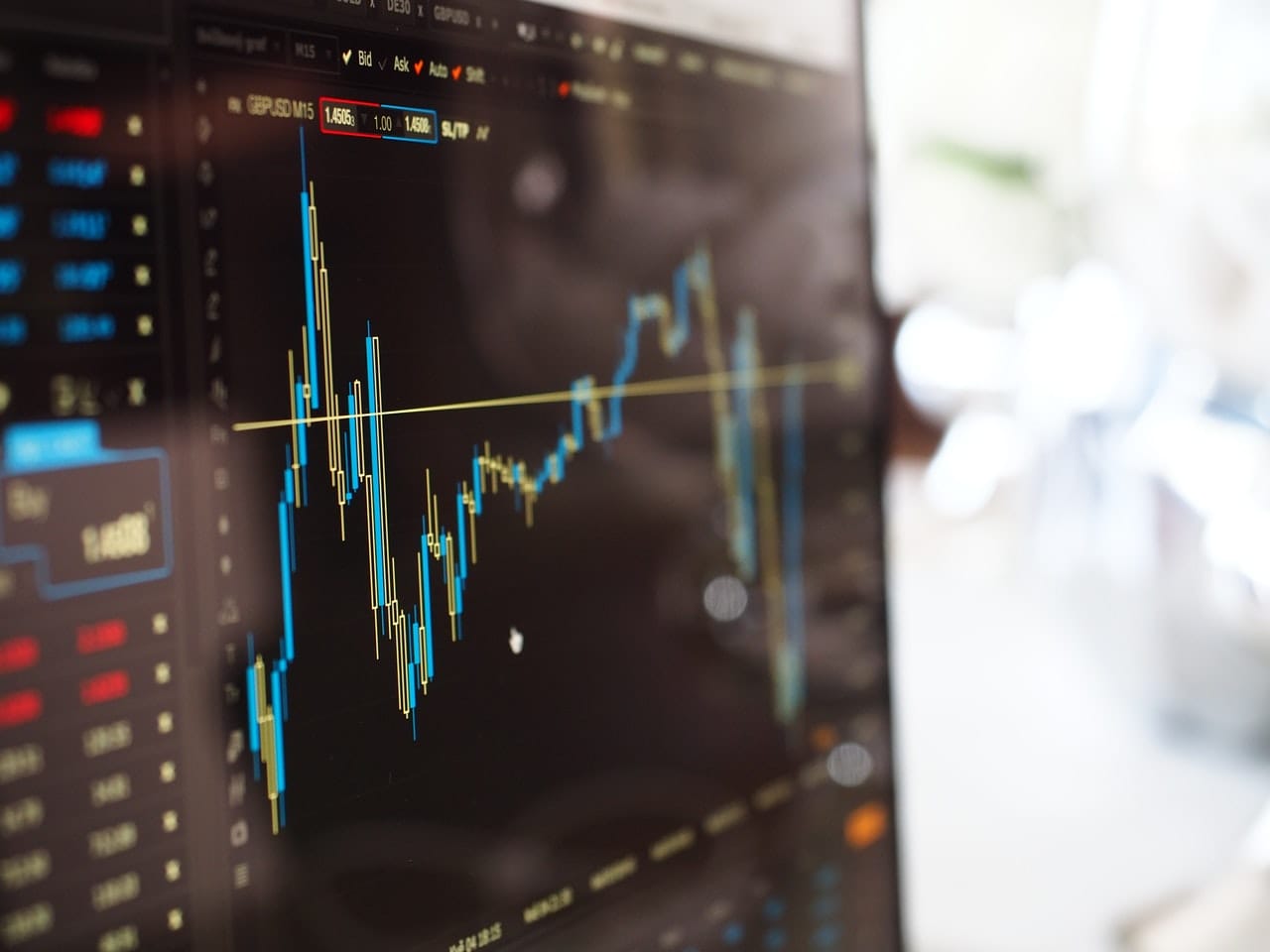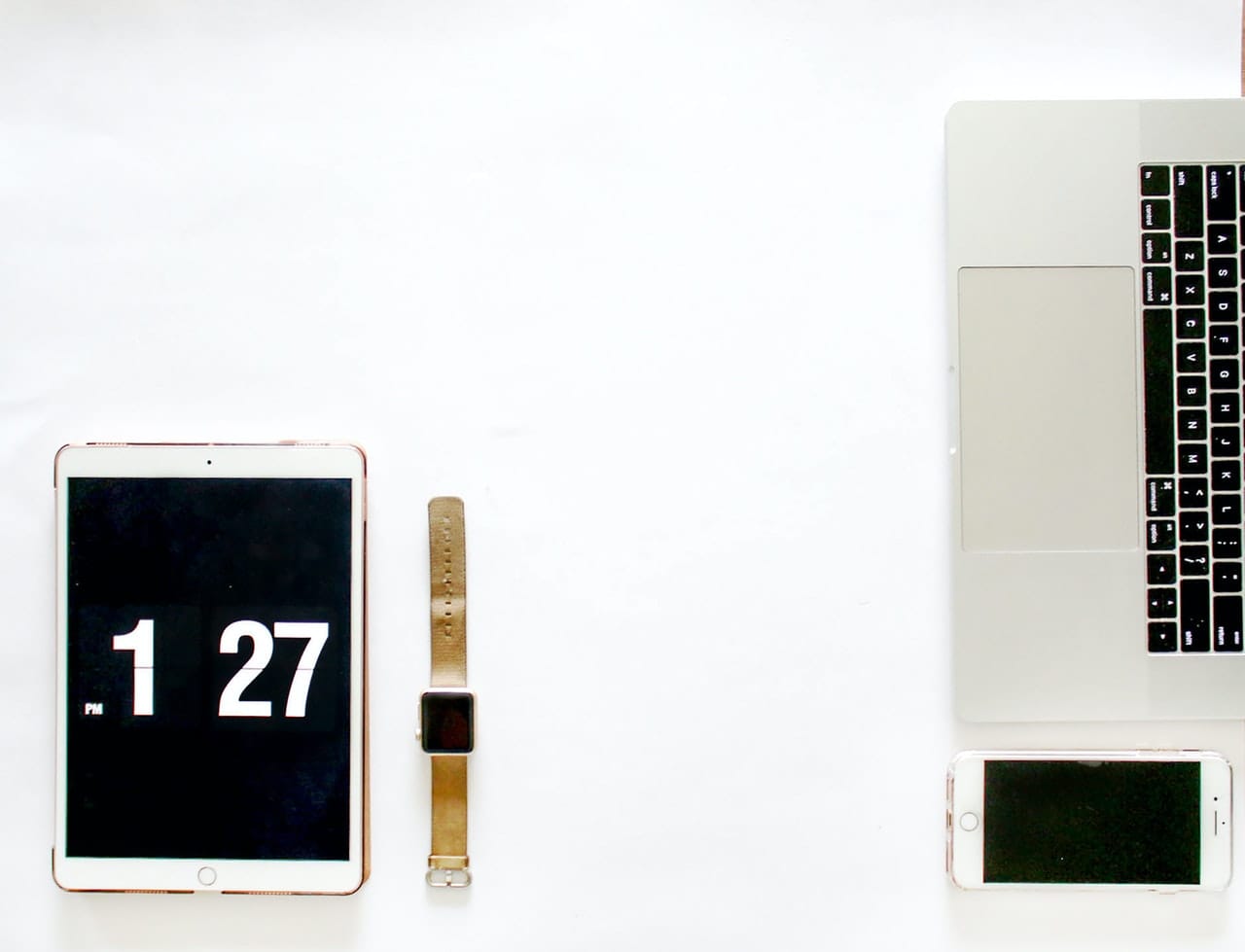It’s Saturday night and you already know you are in for a struggle because well, you feel like an absolute pufferfish. Your semi-fit stomach seems to have expanded three times in size over the course of a day, and you begin to question the extra serving of dessert you had over yesterday morning’s brunch. At this point, you feel as though contact with any sharp object may actually cause you to combust and blow you away, feeling more like a balloon than ever before. While there are mornings you may roll out of bed feeling well-rested, refreshed, and well, some kind of wonderful, other mornings are no way near as great.
Most of the time, this fickleness in feeling from downright fantastic to in a funk, can be attributed to a bad case of bloating. These off days tend to come at us like a wrecking ball to an otherwise great “feel-good” streak. You can blame the bloat for the brutal tight jean dance you do as you struggle to pull up the zipper against your swollen stomach. Before you entirely give up on those skinny jeans and reach for your yoga pants, consider these belly bloating triggers and what you can do to relieve the discomfort that comes with dealing with extra abdominal pressure.
Chances are that you’re wondering what the trigger is to your temporary discomfort- and most of the time, it can be what you are eating, rather than how much you are eating. There are a myriad of reasons why you may experience bloating, and nearly all of them can be traced to diet and digestion.
Salt A diet that is rich in sodium intake can cause the body to retain fluid and appear more bloated than it really is. A great way to avoid excess salt use is to substitute it with other spices to add flavor and flare to any meal.
Carbohydrates Another common culprit is the conspicuous carbohydrate that is often difficult for the stomach to properly digest, as most products made from flour generate gas when broken down in the large intestine. Practice caution with the carbs during the night to avoid waking up extra puffy; starchy foods such as breads, potatoes, and pastas can leave you fighting off a food coma while feeling inflated and lethargic.
Artificial Sweeteners An active ingredient in most reduced-calorie foods and beverages, artificial sweeteners are rich with chemical compounds called Sucralose, aspartame, and cyclamate that cannot easily be broken down by the digestive tract.
Carbonated Drinks Although we like a little bubbly from time to time, these carbonated concoctions cause air bubbles to expand in the abdomen and upon bursting, these bubbles release carbon dioxide particles into the stomach that causes excess pressure and bloating.

There are many measures you can take to ease your discomfort when feeling bloated:
Drink mint tea with fennel seeds. This natural concoction soothes the stomach and treats abdominal pains.
A little water goes a long way. Be sure to boost your water intake to flush waste out of your system and replenish your body.
Get some fresh air. Going on a brisk 30 minute walk following a hearty meal is a great way to increase blood circulation and more quickly get rid of gas through the digestive tract.
Take smaller bites. As the saying goes, do not bite off more than you can chew (in a literal sense). A major cause of bloating is from swallowing air when eating too quickly or talking while you eat. Other activities such as drinking through a straw, chewing gum, and smoking result in an increase in air intake.
Fiber Up. Not only does fiber prevent constipation, but it allows everything to move more quickly through your system.








